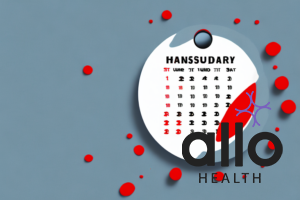My frind is having pcod disese she had 2 cycle in last month ..last cycle was at 24 jun ..in last 2 day she had protected sex ..but still she is worried about pregnancy ..what to do ..after 2 days of protected sex

We understand your friend’s concern about her situation, and it’s natural to feel worried in such circumstances. It’s important to remember that many people face similar questions and uncertainties about their reproductive health. Let’s address her concerns and provide some guidance to help her feel more at ease.
Given the information provided, your friend is experiencing irregular menstrual cycles due to PCOD (Polycystic Ovary Syndrome). Irregular periods can make it challenging to predict fertility, and using protection during sexual intercourse is a responsible choice. It’s good that she took precautions by having protected sex.
Taking an emergency contraceptive pill, often referred to as “ipill,” can be considered as an extra precaution if your friend feels anxious about the possibility of pregnancy. The pill can help reduce the risk of pregnancy when taken within a certain time frame after unprotected intercourse. However, it’s essential to act quickly because the efficacy of emergency contraceptive pills decreases with time. She should take it within 72 hours (3 days) of the unprotected encounter for better results.
It’s crucial to emphasise that even with proper protection, there is no method of contraception that is 100% foolproof. However, by using protection and considering emergency contraception, your friend has taken responsible steps to minimise the risk of pregnancy.
To gain further clarity and peace of mind, we recommend that your friend consults with a healthcare professional. They can assess her individual situation and provide personalised advice and support. A healthcare professional can also help her manage her PCOD effectively, which can lead to more predictable menstrual cycles.
Furthermore, if your friend’s period doesn’t arrive on time or if she experiences any unusual symptoms, a pregnancy test can be taken. Pregnancy tests can generally detect pregnancy hormones in the urine within a few days after a missed period. However, for more accurate results, it’s best to wait until about a week after her expected period date before taking the test.
We understand that this might be a concerning time, but it’s important not to panic. By taking the necessary precautions and seeking professional help, your friend is being proactive about her health. It’s common to have questions and doubts, but with the right support, she can navigate through this situation confidently.










